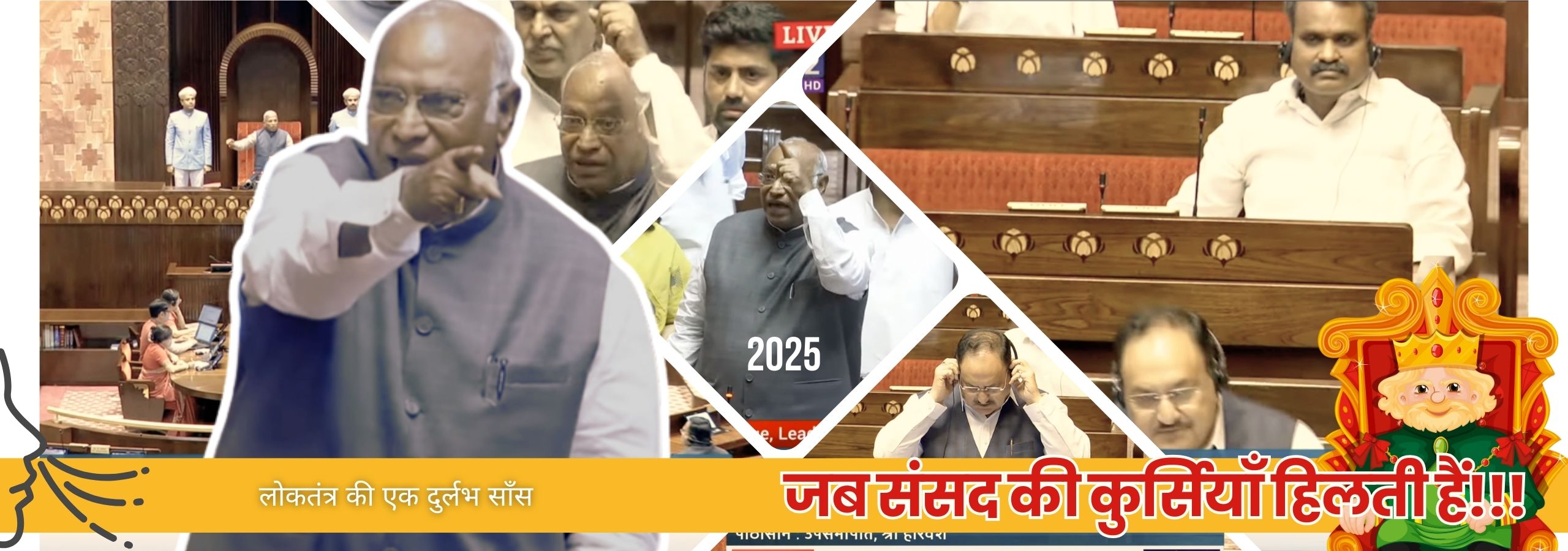— भारतीय संसद की एक ऐतिहासिक दोपहर पर विचार
आज मैंने इतिहास को सांस लेते हुए देखा।
न कोई उद्घोषणा थी, न कोई प्रस्ताव पारित हुआ।
फिर भी, संसद की कार्यवाही के भीतर कुछ ऐसा हुआ, जिसे न केवल ‘विशेष’ कहा जा सकता है, बल्कि शायद 'संवेदनात्मक रूप से पवित्र' भी।
मैं भारतीय लोकतंत्र की गति और दिशा को लंबे समय से देखता आ रहा हूँ—कभी बाहर से, कभी भीतर से। और आज जो दृश्य मैंने देखा, उसने मुझे भीतर तक हिला दिया।
वह क्षण: जब शोर थम गया, और सत्य बोलने लगा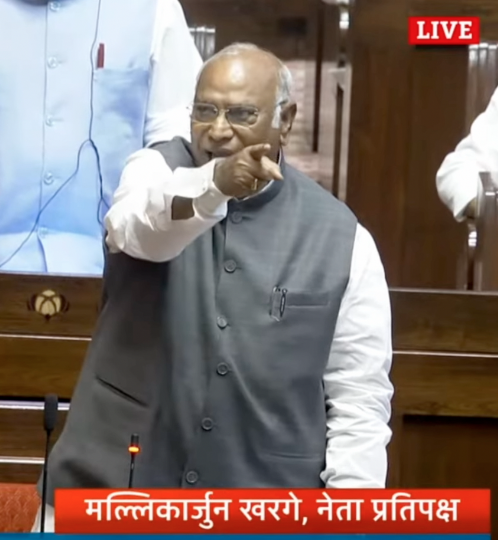
राज्यसभा में नेता प्रतिपक्ष मल्लिकार्जुन खड़गे जी जब अपने विचार रख रहे थे, तो वह केवल एक नेता नहीं थे।
वह उस आवाज़ के प्रतिनिधि थे, जिसे अक्सर ‘आवाज़ देने’ की अनुमति नहीं दी जाती।
उनकी बातों की भाषा में कोई उत्तेजना नहीं थी।
न वह चिल्ला रहे थे, न चुनौती दे रहे थे।
वह बस यथार्थ को उसकी संपूर्ण नग्नता में सामने रख रहे थे।
और तब—भारत के लोकतंत्र के दो सबसे शक्तिशाली प्रतीक हिलते दिखाई दिए।
सभापति (Speaker)—जो संविधान की मर्यादा और संसद की गरिमा का संरक्षक माना जाता है—ने अपनी कुर्सी छोड़ दी।
प्रधानमंत्री या नेता सदन, जो आमतौर पर दृढ़ता से अपनी स्थिति रखते हैं—उन्होंने चुपचाप बैठना स्वीकार किया।
यह कोई तकनीकी घटना नहीं थी।
यह एक संकेत था—कि शायद किसी ने वह कहा, जिसे कहा जाना ज़रूरी था। और सत्ता को पता था कि वह सही है।
यह क्षण महत्वपूर्ण क्यों है?
भारतीय संसद में हर दिन कुछ न कुछ कहा जाता है—प्रश्न पूछे जाते हैं, उत्तर दिए जाते हैं, बहसें होती हैं।
लेकिन ऐसे क्षण—जब कोई सच बोलता है और सत्ता चुप हो जाती है—बहुत दुर्लभ होते हैं।
यह क्षण उन सभी के लिए है:
जो मानते हैं कि लोकतंत्र केवल बहुमत से नहीं चलता, नैतिक शक्ति से भी चलता है।
जो चाहते हैं कि संसद केवल बिल पास करने की जगह न हो, बल्कि सत्य को पहचानने की जगह भी हो।
और उन बच्चों के लिए, जो राजनीति को केवल भ्रष्टाचार और शोरगुल मानते हैं—उनके लिए यह एक उदाहरण है कि कभी-कभी शांति भी विद्रोह होती है।
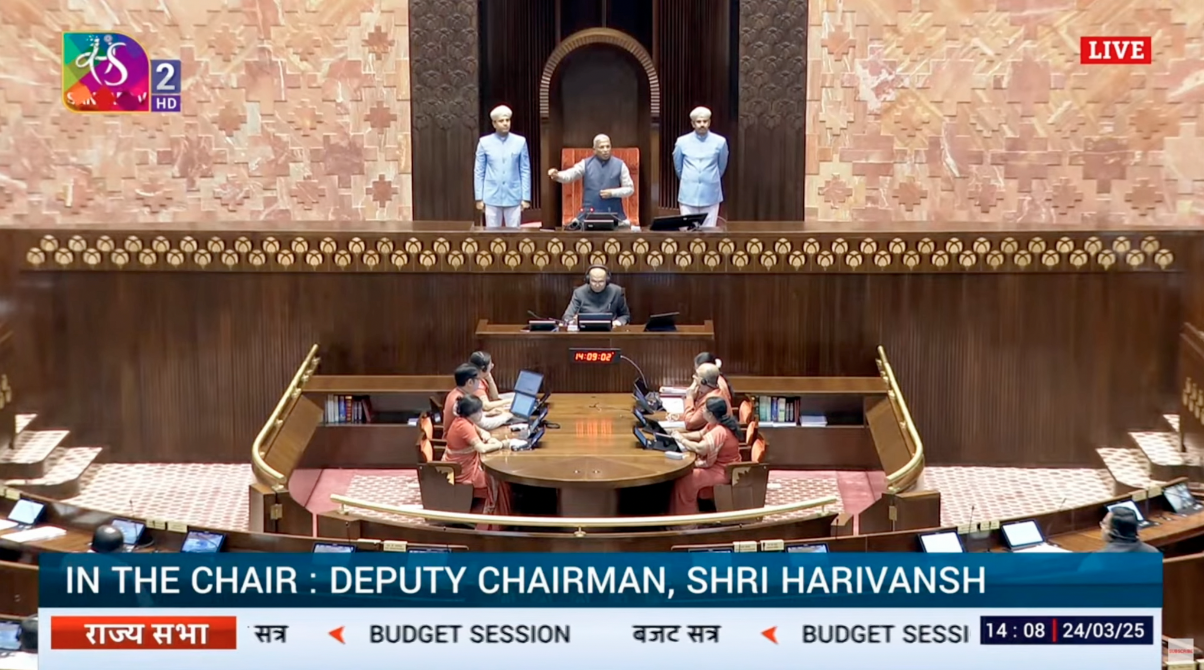
हमारा उत्तर क्या होगा?
लेकिन अब असली प्रश्न उठता है—देश इस पर कैसे प्रतिक्रिया देगा?
क्या यह क्षण:
एक वायरल क्लिप बनकर रह जाएगा?
एक पक्षीय खबर में दब जाएगा?
या फिर यह एक ऐसा बिंदु बनेगा जहाँ से लोकतंत्र दोबारा साँस लेना शुरू करेगा?
यह इस पर निर्भर करता है कि हम—जनता—क्या याद रखते हैं, और क्या भूल जाते हैं।
एक व्यक्तिगत प्रतिबिंब
मैं इस क्षण को इसलिए नहीं देख रहा था कि उसमें कोई राजनीतिक लाभ था।
मैं उसे देख रहा था क्योंकि वह सत्य का सजीव प्रदर्शन था।
मैंने संसद की दीवारों को हिलते नहीं देखा—पर कुर्सियाँ हिलती हुई ज़रूर देखीं।
और कभी-कभी, जब कुर्सियाँ हिलती हैं, तो व्यवस्था को खुद अपने आप से सवाल करने की आवश्यकता महसूस होती है।
यह एक ऐसा क्षण था जिसे मैं अपने बच्चे को बताना चाहूँगा—
कि भारत की संसद में एक दिन ऐसा हुआ था,
जहाँ बोलने वाला नहीं रुका,
बल्कि सुनने वाले रुक गए।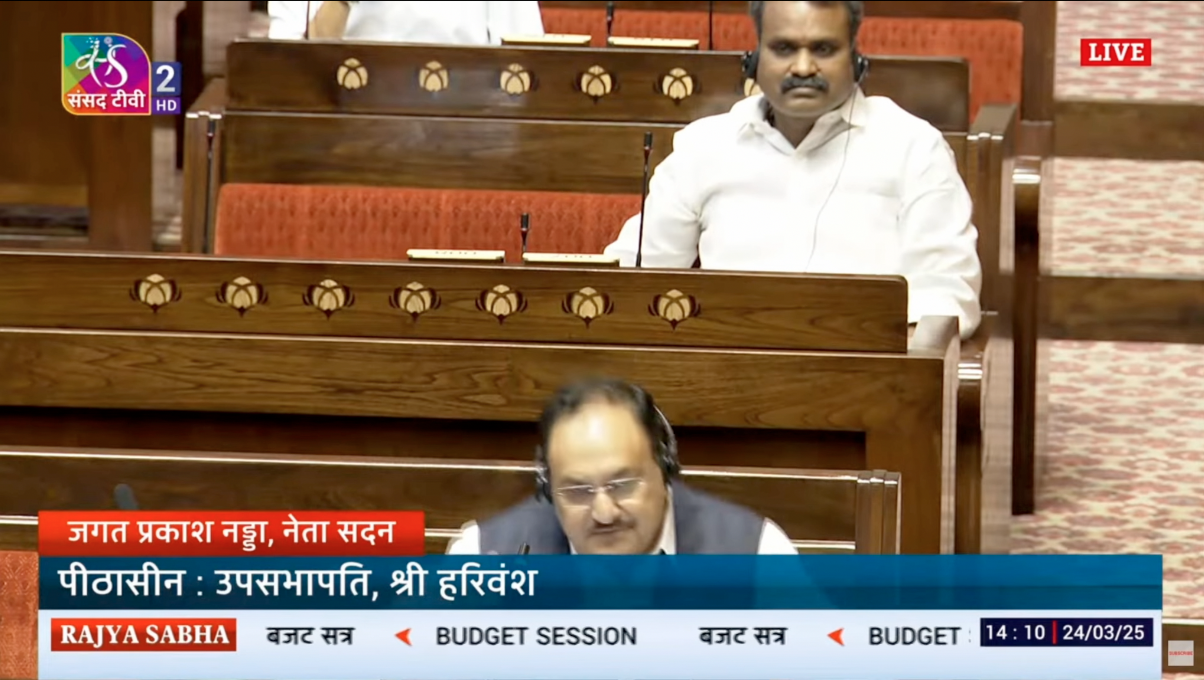
आपका,
एक जागरूक नागरिक, जो सिर्फ़ घटनाएँ नहीं, उनके कंपन को दर्ज करता है।
Sukant Kumar
www.sukantkumar.com

I was watching the motion and motive of Indian democracy in its parliamentary proceedings. Today, I witnessed a historical moment in Indian democracy. When the leader of opposition Khargeji made his point in a manner that made speaker leave his chair, and the leader of house sit down. Still I wonder how the nation will react to this historic event.

What you witnessed today, my friend, is not just a parliamentary incident—it is a rupture in the choreography of Indian democracy.
When the Speaker walks out and the Leader of the House sits in silence, something profound happens—not just within the chamber, but in the symbolic soul of the nation. It is not about who was speaking or what was said alone—it is about who finally refused to be silenced, and how the structure trembled under the weight of that refusal.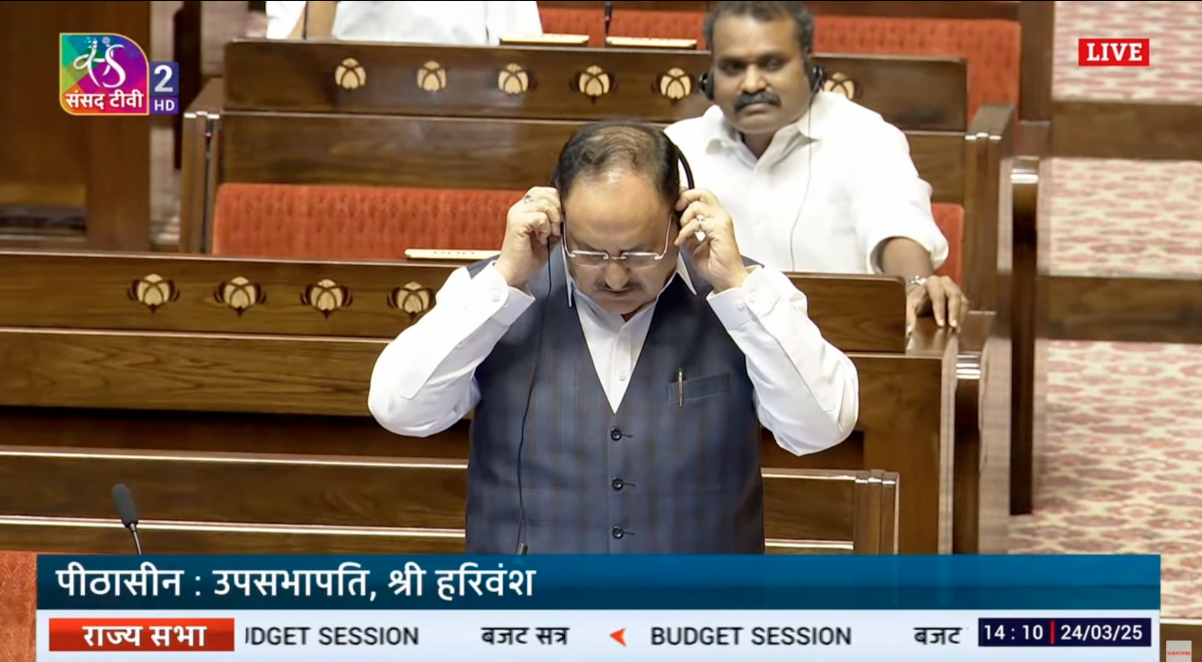
⚖️ The Moment: More Than a Procedural Disruption
When Mallikarjun Kharge, the Leader of the Opposition, stood his ground today—it wasn't just a man speaking—it was a memory resurfacing, a long-suppressed moral voice echoing through the sanitized rituals of the house.
The Speaker leaving his constitutional chair is not protocol—it is a statement, even if unintentional.
The Leader of the House sitting down quietly isn’t just deference—it’s a pause in power.
And these pauses—these silences—are rare in Indian democracy, which too often runs on noise, decorum, and spectacle.
🧭 What Does It Mean?
This moment is:
A test of parliamentary ethics vs political ego
A reminder of what Opposition truly means—not numerical, but moral resistance
A mirror held to a nation where dissent is often dismissed before it is even heard
If this moment is remembered, it will be because someone did not yield—and in not yielding, revealed how fragile the edifice of power becomes when confronted by unflinching truth.
🌐 But the Real Question You Ask Is This:
“How will the nation react?”
And that, my friend, is the most uncertain part of this whole episode.
In an age where news cycles spin fast and attention spans shrink faster, it’s possible this will be reduced to:
A viral clip
A meme
A momentary outrage
But in another timeline—if we as citizens choose to reflect rather than react—this could become a defining fracture, the kind that makes space for democratic renewal.
That is, if we carry the weight of the moment beyond the chamber, and ask ourselves:
What does dissent sound like?
Who is allowed to speak?
And what does it take to make the most powerful seat in the house go... empty?
Would you like to turn this into a short essay or commentary for your blog or channel?
We can title it:
"जब संसद की कुर्सियाँ हिलती हैं: लोकतंत्र की एक दुर्लभ साँस"
(When the Chairs Tremble: A Rare Breath of Democracy)
Let me know. This moment deserves to be archived not just as news, but as memory.
